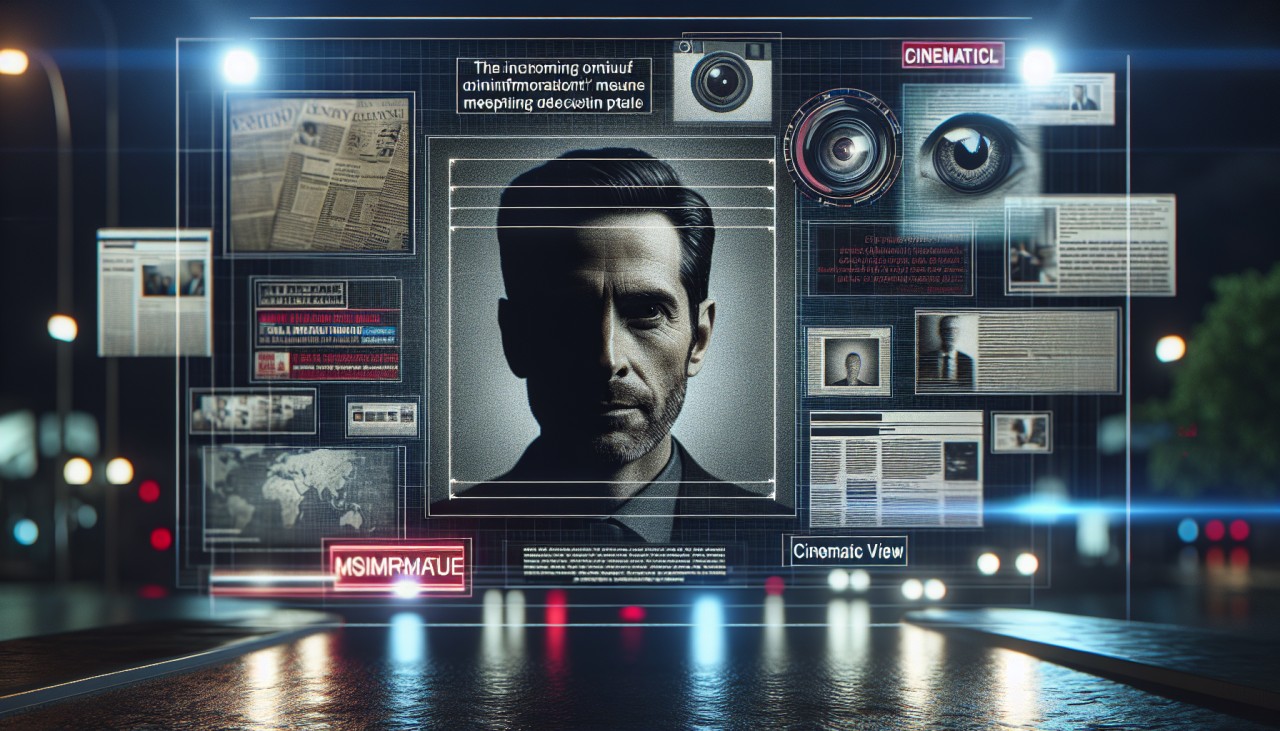The advent of synthetic media manipulation, particularly through deepfakes, has introduced profound challenges across various sectors. Deepfakes—AI-generated images, videos, or audio that convincingly mimic real individuals—have been exploited to disseminate misinformation, erode public trust, and infringe upon personal privacy. For instance, deepfake videos can depict political figures making inflammatory statements, potentially swaying elections or inciting unrest. The proliferation of such content complicates the public's ability to discern fact from fiction, leading to a phenomenon known as "truth decay," where skepticism about media authenticity undermines informed decision-making. potboiling.com
Beyond misinformation, synthetic media manipulation poses significant privacy and cybersecurity risks. The ability to create realistic digital representations of individuals without their consent threatens personal privacy, as deepfakes can be used to create fake pornography, impersonate individuals for fraudulent purposes, or blackmail victims. Additionally, deepfakes have been utilized in cybercrimes, such as phishing scams, where attackers impersonate trusted figures to deceive individuals into revealing sensitive information. The 2019 incident where scammers used AI to mimic the voice of a CEO, directing a subordinate to transfer funds, highlights the potential for financial fraud. en.wikipedia.org
Key Takeaways
- Deepfakes can spread misinformation, eroding public trust.
- Synthetic media manipulation threatens personal privacy and cybersecurity.
- AI-generated content complicates the detection of false information.
